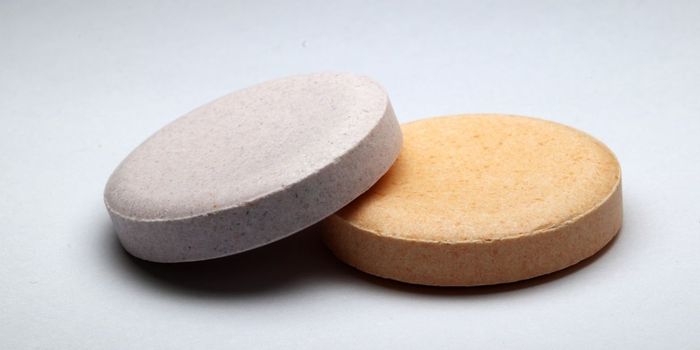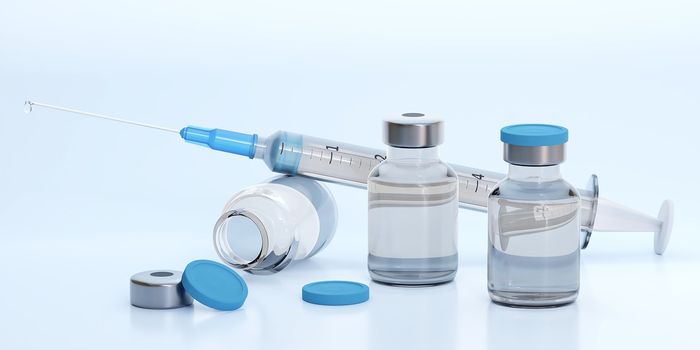Gut Microbiota Warfare: Why Fecal Transplants Work
In a recent research study, eleven recipients of a kidney transplant were filled with a big batch of foreign bacteria. Lucky for them, this extra dose of microbiota served to protect them from infection rather than thwart their recovery. In fact, creating a competitive gut environment could keep multi-drug resistant organisms (MDROs) at bay.
In a groundbreaking phase 1 clinical trial, Woodworth et al. aimed to address the challenges posed by antimicrobial-resistant (AR) bacterial infections, which cost the United States over $4.6 billion in 2017. Without universal control measures, multi-drug resistant organisms (MDROs) are often transmitted in acute care facilities, from neonatal intensive care units to long-term care facilities. MDRO colonization in the intestines poses a global health threat, with the World Health Organization projecting potentially up to 10 million deaths annually by 2050 unless effective therapies are developed. In their Science Translational Medicine journal article, Woodworth et al. aimed to address this concern by conducting a randomized, controlled trial called PREMIX.
Scientists might not know why, but they know that fecal microbiota transplantation (FMT) is an effective tool against AR colonization and infection. Only a few small studies have found FMT can reduce the colonization and infection of MDROs. FMT efficacy is usually reported in cases of extreme intestinal microbiome disruption. The recent study sheds light on the potential effectiveness of FMT in eliminating drug-resistant bacteria that commonly colonize the intestines of patients, in this case, who have undergone kidney transplants.
Fecal transplants containing gut microbiota from a healthy donor were administered to eleven patients who had received a new kidney. The study demonstrated the safety and viability of single or double FMT administration in the participants with few adverse effects. FMT-treated individuals showed a significant reduction in MDRO levels and a subsequent increase in non-drug-resistant bacteria. In the FMT group, it took less time for patients to have an MDRO-negative stool culture than in the control group. Also, FMT-treated participants remained MDRO infection-free for longer than those untreated, allowing for better health during recovery.
Genomic analysis of the gut microbiome of FMT-treated patients revealed that the introduced bacteria actively outcompeted and suppressed the colonization of multi-drug resistant organisms in the recipients' gut microbiome. “Strain competition is a feature of heathy intestinal microbial communities,” said the authors, “which is also seen after FMT more frequently than eradication” of the participant’s normal bacterial strains
According to the authors, their findings could “accelerate development of microbiome-informed targeted therapies and diagnostics.” The results pave the way for significant improvements in patient care, public health response, and a reduction in healthcare costs, not only for transplant recipients but also for broader at-risk patient groups. The authors concluded that “larger randomized trials could support further identification of causal mechanisms of FMT and translational development of microbiome therapeutics to eradicate MDROs without conventional antibiotics.”
This research significantly signals a paradigm shift in drug development strategies, advocating for a transition from eradicating to nurturing the human microbiota using innovative approaches like FMT.
Sources: Science Translational Medicine, CDC









